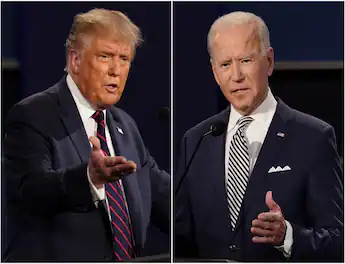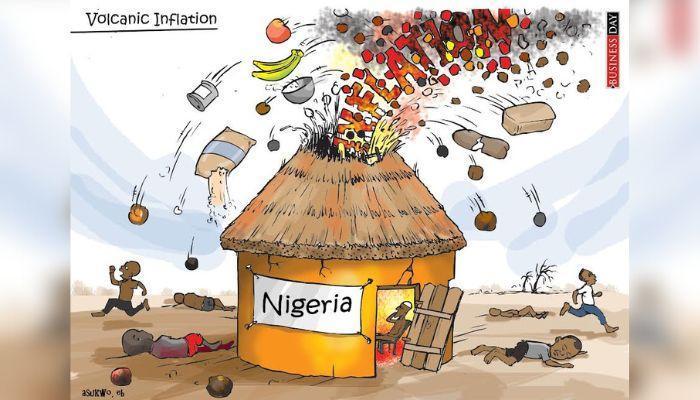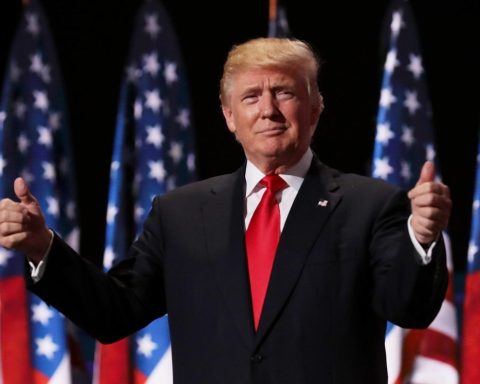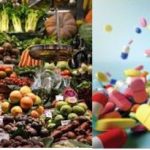The Nigerian government has been urged to take urgent actions in resolving issues causing the unprecedented hike in costs of drugs across the country.
The high costs of pharmaceutical products have intensified the financial burden on Nigerians. This is as drug prices are projected to skyrocket in 2024, surpassing N900 billion due to the depreciation of the Naira.
Join our WhatsApp ChannelThe International Trade Center reveals that pharmaceutical imports, totaling $1.05 billion in 2022, are set to cost N950.81 billion at the current exchange rate (N902.45/$).
This surge is compounded by the departure of major pharmaceutical companies, GlaxoSmithKline (GSK) Consumer Nigeria Plc and Sanofi, adopting third-party distribution model. As a consequence, drug costs have surged by over 100%, attributing the hike to Nigeria’s escalating inflation and foreign exchange crisis.
Professor of Pharmacy, Boladele Silva, underscored the vulnerability of Nigeria’s pharmaceutical industry to economic shocks, primarily due to the reliance on imported active pharmaceutical ingredients. The cost of medicines has surged, with Ampiclox experiencing a 346% increase and Amoxil’s selling price jumping by over 400%, both products manufactured by GSK.
READ ALSO: Big Pharma Companies’ Exit Further Pushes Drug Prices Up As Imports Rise By 68% In Nigeria
Founder and CEO of HunPharm Africa, Sesan Kareem, points to the fluctuating exchange rates significantly impacting importation costs, leading to an overall spike in medicine prices.
Government intervention is urged by APC chieftain Olatunbosun Oyintiloye and the Nigeria Medical Association, Lagos State chapter, expressing concerns over the affordability of medical services.
President Bola Tinubu has endorsed three resolutions to address the rising pharmaceutical costs, as announced by the Coordinating Minister of Health and Social Welfare, Prof. Ali Pate.
These decisions include regulating the sector to protect citizens’ health, addressing the crisis of human resources in the health sector, and tackling the exit of major pharmaceutical companies from the market.
As Nigerians grapple with the financial strain imposed by soaring drug prices, the government’s proactive measures aim to mitigate the impact and ensure accessibility to essential healthcare.


















Follow Us